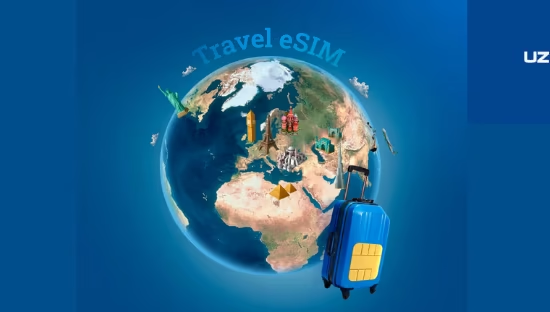
Thales Achieves GSMA eSA Certification, Boosting Secure IoT eSIM Deployments
With over 5.8 billion IoT cellular connections expected globally by 2030 (GSMA Intelligence), businesses and industries face growing pressure to deploy connected devices at scale — securely and efficiently. The SGP.32 IoT specification has been designed specifically to meet the unique needs of IoT devices by simplifying remote connectivity activation while maintaining high levels of trust. And more specifically, the GSMA eSA certification ensures that the eSIM product (hardware, firmware, OS, and cryptographic libraries) complies with strict security and functional requirements, recognized across the global mobile ecosystem.
In other terms, obtaining this certification marks a key security milestone for Thales, as it serves as a globally recognized ‘seal of trust’ that helps IoT service providers, device makers and car manufacturers, select solutions that are secure, future-proof, and ready for rapid deployment. Indeed, this certification brings concrete benefits for ecosystem players:
- Operational efficiency: enables mass remote activation of eSIM-enabled IoT devices, reducing logistics, physical SIM handling, and field interventions.
- Security by design: ensures robust protection of credentials and connectivity data throughout the device lifecycle.
- User trust & privacy: builds confidence among end users by securing device identities and communication — essential for sensitive use cases like smart meters, medical devices, track-and-trace systems, security cameras or connected vehicles.
“In an IoT world that’s growing fast and moving even faster, trust and simplicity are key. With this certification, Thales continues to pave the way for secure, large-scale deployments of connected devices that are easy to manage and future-ready. It’s about removing friction, increasing security, and enabling innovation — at the speed the market demands”
commented Eva Rudin, VP Mobile Connectivity Solutions at Thales. “With dozens of projects already underway with industrial and automotive players, we are confident that this move will further accelerate the adoption of eSIM technology among more than 100 of our customers — including mobile network operators, IoT service providers, automotive companies, and device manufacturers.”
Conclusion about Thales IoT eSIM certification
The GSMA eSA certification of Thales’ eSIM solution isn’t just a technical checkbox — it’s a pivotal move aligning with macro trends shaping the IoT and connectivity space. As global IoT connections race toward the 6 billion mark by 2030, the pressure is mounting on enterprises to not only scale fast but to do so securely, remotely, and with minimal friction. This is where SGP.32 and eSA-certified eSIMs become a market necessity, not a luxury.
We’re seeing a clear convergence: automotive OEMs, industrial automation leaders, and even healthcare providers are moving away from proprietary connectivity stacks toward open, standardized, remotely manageable solutions — and GSMA certifications are emerging as the universal currency of trust. Major players like Qualcomm, Telit Cinterion, and IDEMIA are also investing heavily in eUICC and iSIM innovations, but security assurance at the platform level — which Thales now offers — sets a distinct competitive edge.
In parallel, hyperscalers like AWS and Microsoft Azure are expanding their IoT stacks to support certified eSIM provisioning directly through their platforms. This only amplifies the need for vendors who can offer secure, interoperable solutions from chip to cloud. Thales is clearly positioning itself not just as a hardware vendor but as an end-to-end enabler of trusted digital infrastructure.
As the eSIM ecosystem matures, and as regulatory pressure (especially in automotive and healthcare) grows, certifications like GSMA eSA will become a baseline expectation. Enterprises choosing uncertified eSIM platforms will likely face future integration and compliance barriers — much like what happened with early MDM solutions pre-GDPR.
In this evolving context, Thales’ move reinforces a broader industry transition: from experimental IoT rollouts to industrial-grade, policy-compliant, and globally scalable deployments. That’s not just a milestone for Thales — it’s a signal for the entire market.









